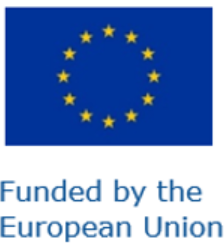Ortega Nieto, D., Fazekas, M., Vaz Mondo, B., Tóth, B., Braem Velasco, R. A. (2023). Governance Risk Assessment System (GRAS): Advanced Data Analytics for Detecting Fraud, Corruption, and Collusion in Public Expenditures (English). Equitable Growth, Finance and Institutions Insight. Washington, D.C.: World Bank Group.
Corruption poses a significant threat to development and has a disproportionate impact on the poor and most vulnerable. Government agencies struggle to identify fraud and corruption in public expenditures. Risk assessments usually rely on manual …
